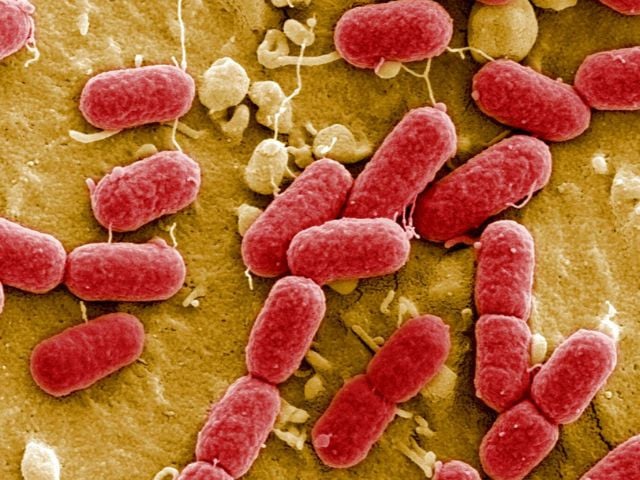Leading scientists, including Nobel laureates, have called for a global halt to research aimed at creating synthetic “mirror life” microbes, warning that these engineered organisms could pose an “unprecedented risk” to life on Earth.
An international panel of 38 experts, including evolutionary biologists and synthetic biologists, cautioned that mirror bacteria—constructed from mirror-image molecules—could evade immune defences in humans, animals, and plants, leading to lethal infections that spread uncontrollably in the environment.
“The threat we’re talking about is unprecedented,” said Prof Vaughn Cooper of the University of Pittsburgh. “Mirror bacteria could bypass immune responses in humans and other organisms, and in each case, cause unchecked and potentially fatal infections.”
The concept of mirror life stems from the fact that many biological molecules, such as DNA and proteins, can exist as mirror images of themselves. For instance, natural DNA is made of “right-handed” nucleotides, while proteins consist of “left-handed” amino acids. Mirror microbes, if fully developed, would be constructed using reversed versions of these molecules.
While scientists have made strides in manufacturing individual mirror molecules for research and potential therapeutic use, creating an entire organism from these components is likely at least a decade away. However, the risks associated with such developments prompted the group to call for an immediate halt to this line of research.
The concerns were detailed in a 299-page report and a commentary in the journal Science. The report emphasised that mirror microbes could evade natural predators and competitors in the environment and resist existing antibiotics, making containment or eradication nearly impossible.
“Unless compelling evidence emerges that mirror life would not pose extraordinary dangers, we believe such organisms should not be created,” the experts wrote.
The group includes prominent figures such as Dr Craig Venter, a key scientist in the sequencing of the human genome, and Nobel laureates Prof Greg Winter from the University of Cambridge and Prof Jack Szostak from the University of Chicago.
Dr Kate Adamala, a synthetic biologist at the University of Minnesota and co-author of the report, admitted to having worked towards creating a mirror cell but abandoned the pursuit last year after understanding the potential risks. “We should not be making mirror life,” she stated. “We have time for the conversation, and that’s what this report aims to start—a global conversation about the ethics and safety of mirror organisms.”
The report also highlighted potential applications of mirror molecules, such as innovative therapies for chronic diseases and contamination-resistant bioproduction systems. While these uses could bring significant benefits, the risks of introducing mirror microbes outweigh the potential gains, the authors argued.
Prof Paul Freemont of Imperial College London, not involved in the report, praised it as an “excellent example of responsible research and innovation.” He noted the importance of balancing the promise of mirror chemistry with stringent safety measures and ethical considerations.







